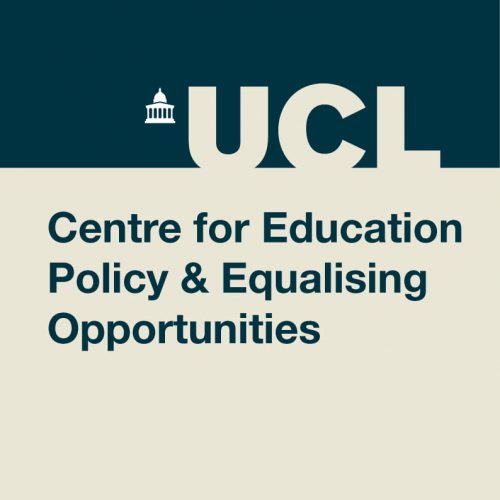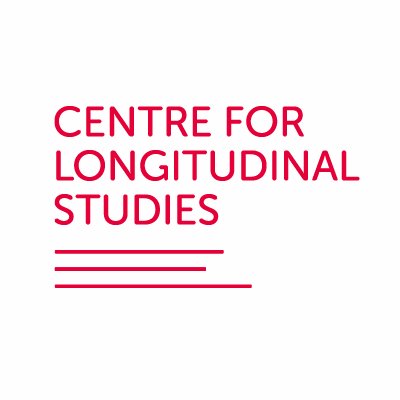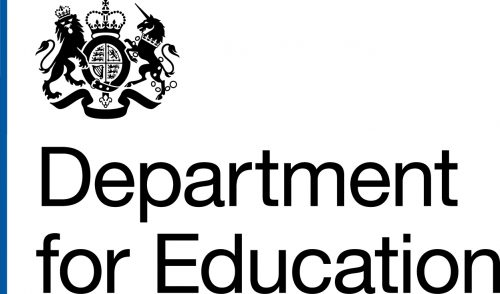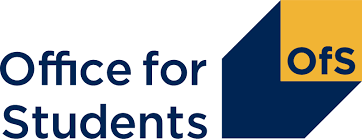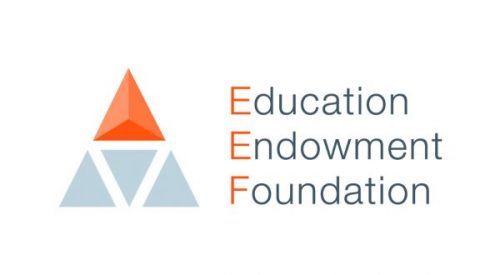The COVID Social Mobility and Opportunities (COSMO) Study will examine the short, medium and long term impacts of the COVID-19 pandemic on educational inequality and social mobility.
The study has recruited a representative sample of 13,000 young people who were in Year 11 in the academic year 2020/21 – across England, and asked them about their experiences of the pandemic, as well as their future hopes and plans. It will now follow them through the rest of their education and into the workplace.
The study is the largest of its kind into the effects of COVID-19 on the life chances of a generation of young people.
What is COSMO?
COSMO is a collaboration between the Sutton Trust, the UCL Centre for Education Policy and Equalising Opportunities (CEPEO) and the Centre for Longitudinal Studies, with fieldwork led by Kantar Public.
The first phase of the study is conducting two annual waves of data collection from a sample of 13,000 young people in Year 11 (15 and 16 year olds) in the academic year 2020-21 across England. This group was at a crucial stage in their education at the height of the pandemic, after two school years of unprecedented disruption and cancelled GCSE exams. The study has disproportionately sampled young people from disadvantaged and ethnic minority backgrounds to ensure it reflects the full range of experiences of the pandemic.
Fieldwork for Wave 1 began in October 2021, surveying the young people, along with their parents. Fieldwork for Wave 2, while the cohort are in Year 13 or equivalent, begins in October 2022.
The first findings from the study will be published in October 2022, with data from the study made available on the UK Data Service as a resource for researchers in the UK and worldwide.
The first two years of the study is funded with a grant of £4.6m from UK Research and Innovation (UKRI), along with the Economic and Social Research Council. The study team is led by Dr Jake Anders, with Professor Lindsey Macmillan and Dr Gill Wyness (UCL CEPEO), Professors Lisa Calderwood and Alissa Goodman and Dr Praveetha Patalay (UCL CLS), along with Carl Cullinane (Sutton Trust).
Young people taking part in the study.
Schools across the country included.
The number of participants who we have linked parental data for.
Topics covered in the first year
Disruption to schooling and home learning
Financial impacts of the pandemic
Family health and mental wellbeing
Cancelled exams and teacher assessed grades
Transitions to Sixth Form, Further Education and Apprenticeships
The 'Opportunity Cohort'
The Sutton Trust, with the support of XTX Markets, is funding an additional ‘sample boost’ of over 2,000 pupils from disadvantaged backgrounds who showed academic promise at a young age, a group with particular potential for social mobility.
This will help us to understand in much greater detail the experiences of this group compared to other pupils from disadvantaged backgrounds, as well as better-off pupils of similar ability, in order to understand the different barriers faced. The findings will help to inform the Trust’s programmes and policy advocacy work.

